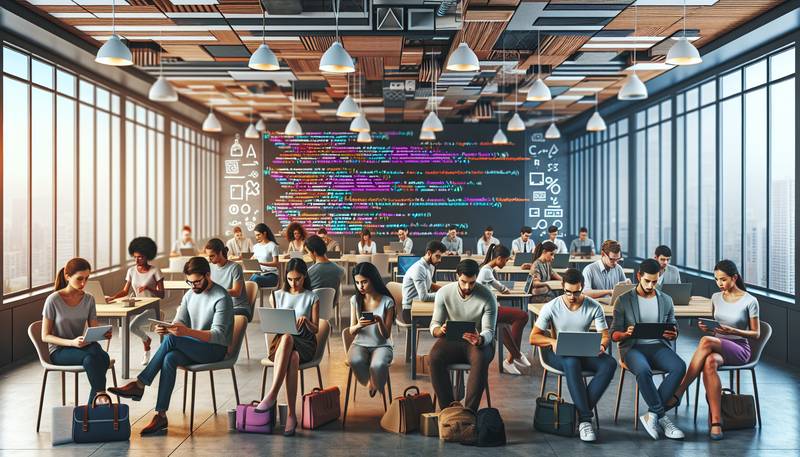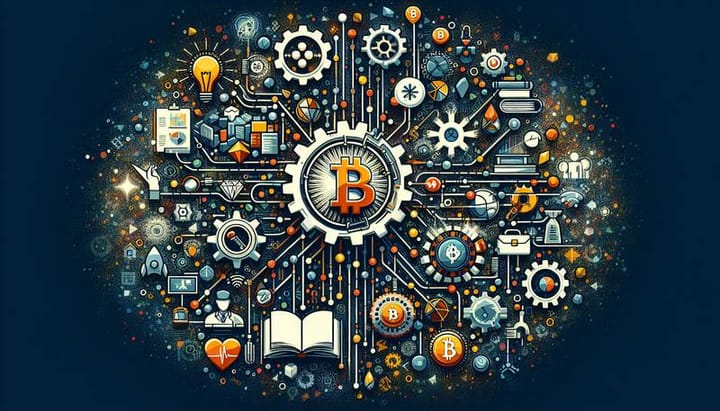The Art of Coding: How Learning to Program Can Enhance Your Life

In the past, coding was considered a niche skill, reserved for computer geeks and tech enthusiasts. But in today's digital age, learning to program has become essential for almost everyone. It doesn't matter if you're a student, a professional, or a retiree - knowing how to code can greatly enhance your life in various ways. In this article, we'll explore the art of coding and how it can benefit you both personally and professionally.
The Benefits of Learning to Code
First and foremost, learning to code can open up a world of opportunities for your career. With technology becoming an integral part of every industry, the demand for skilled programmers is at an all-time high. Whether you're looking to switch careers or simply want to stay relevant in your current field, coding skills can give you a competitive edge.
But the benefits of learning to code go beyond just job prospects. Coding can also help improve your problem-solving skills. When you learn to code, you learn to think logically and break down complex problems into manageable parts. This skill can be applied to various aspects of your life, from planning a project to organizing your finances.
Moreover, coding can also be a creative outlet. Building a website, designing a game, or creating an app can be a fun and rewarding experience. Not only do you get to see your ideas come to life, but you also get to share them with the world. It's a great way to express yourself and make a positive impact on others.
How to Get Started with Coding
If you're new to coding, the thought of learning a programming language can be intimidating. But fear not! There are plenty of resources available to help you get started. Online courses, coding bootcamps, and free tutorials are all great options for beginners. It's important to choose a learning method that suits your learning style and schedule.
Once you've chosen a learning method, it's time to pick a programming language. There are many different languages to choose from, each with its own strengths and use cases. Some popular choices for beginners include Python, JavaScript, and Ruby. These languages are known for their simplicity and versatility, making them great for beginners.
As you start learning to code, it's essential to practice regularly. Coding is a skill that requires consistent practice to master. Try to dedicate at least an hour a day to coding, whether it's working on a project or solving coding challenges. The more you practice, the better you'll become.
The Future of Coding
The world of coding is constantly evolving. New languages, tools, and technologies are being developed all the time. This can make it challenging to keep up with the latest trends, but it also means that there are always new things to learn and explore.
As technology continues to advance, the role of coding in our lives will only become more significant. From self-driving cars to virtual reality, coding is at the heart of many of the latest innovations. By learning to code, you're not only enhancing your current life, but you're also preparing for the future.
The Joy of Coding
One of the most rewarding aspects of coding is the sense of accomplishment you feel when you finally solve a challenging problem or complete a project. It's a feeling that's hard to describe, but it's one that many programmers know well. It's the joy of coding.
Coding can also be a social activity. There are countless coding communities, both online and in-person, where you can connect with other programmers. These communities are great for getting help, sharing your work, and learning from others.
In conclusion, learning to code is a valuable skill that can greatly enhance your life. Whether you're looking to advance your career, improve your problem-solving skills, or just have fun, coding has something to offer everyone. So why not give it a try? You might just discover a new passion.


